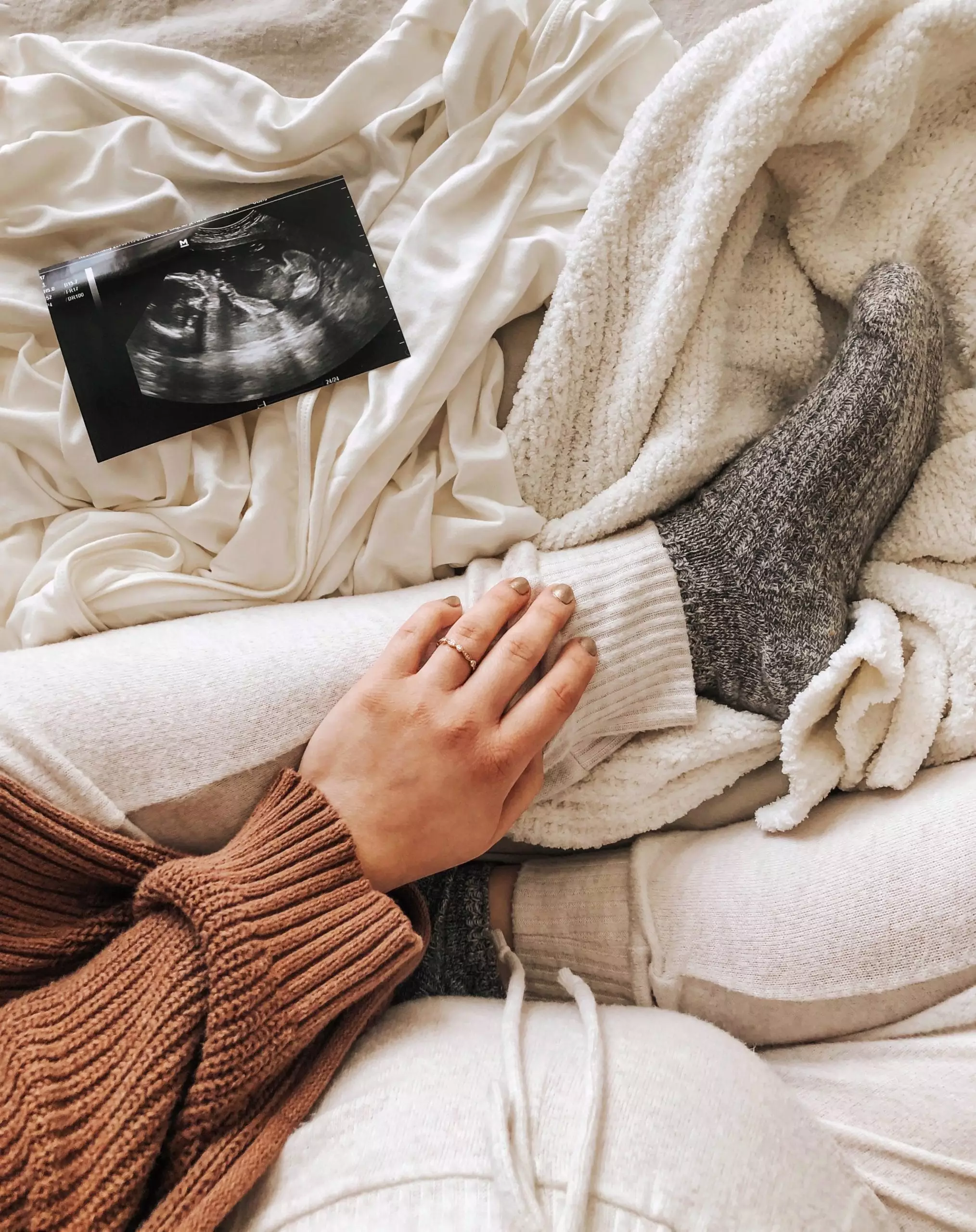Navigating the emotional landscape of pregnancy after loss is an undeniably intricate journey. For many, it is filled with the joy of new beginnings intermingled with the sorrow of what has been lost. The story of expecting parents, infused with both apprehension and hope, frequently reveals a narrative that resonates deeply within the hearts of those who have experienced the profound pain of miscarriage. This article draws upon these experiences to shed light on the emotional rollercoaster that accompanies this significant life event.
Immediately following the loss of a pregnancy, one can feel as though they are suspended in a void. The anticipation of becoming a parent is suddenly replaced by an overwhelming grief that clouds every thought and action. The symptoms of loss come in waves, punctuated by moments that range from deep sorrow to an almost numbing numbness. In the months following a miscarriage, many grappling with such trauma may find themselves facing societal expectations regarding healing and moving forward, often felt intensively as pressure. It can seem as if the world expects individuals to simply return to normalcy, yet the emotional scars of loss can feel perpetually fresh and demanding of attention.
A profound element of this experience is the cyclical nature of grief. With some days filled with hope and excitement for future possibilities and others steeped in despair, countless individuals report periods where joy feels impossible or inappropriate. The very sight of a newborn or an expectant mother can provoke a myriad of feelings, turning these seemingly mundane interactions into emotional landmines. What emerges, however, is a complex narrative that embodies the bittersweet twinship of hope and sorrow.
For many, the leap back into attempting to conceive can be wrought with anxiety. The assumption that contraception can be quickly cast aside or that pregnancy will promptly recur doesn’t hold true for all. The emotional ramifications of loss often necessitate a period of healing. Medical professionals sometimes project high hopes, reassuring individuals about timelines and fertility prospects, yet the body functions at a pace uniquely its own. The fear of not achieving a subsequent pregnancy can overshadow the desire to heal, establishing a challenging dichotomy.
Personalizing the journey is essential. Engaging in self-compassion becomes paramount, as does allowing for open discussion about grief and loss. There’s strength in recognizing that these emotions are not only normal but also valid. Accepting that feelings of apprehension can coexist with the excitement about a new pregnancy is crucial for emotional growth and resilience. Those who have walked this path often recommend leaning into healing-work, allowing time and space to reflect upon the loss before diving headfirst into new expectations.
Building a Support Network
During such a pivotal journey, sharing experiences with friends or joining support groups can prove transformative. Revisiting the connections made during shared pain creates a refuge where individuals can voice their fears, joys, and everything in between. The camaraderie birthed from shared experiences fosters an environment where individuals feel seen and supported, promoting healing.
Communication with a partner also plays a vital role in navigating this challenging terrain. Often, partners may hold distinct perceptions of loss, leading to misunderstandings regarding emotional processes. It is beneficial to engage in open conversations that illuminate each other’s feelings and fears. Shared involvement—be it attending medical appointments together or planning for the future—can weave a stronger alliance, cultivating emotional intimacy and reassurance.
As the journey unfolds, it is essential to recognize that the emotional spectrum includes a variety of feelings. Joy, anxiety, and sadness often emerge together, creating a rich tapestry of experience that is unique to each individual. The guilt that may accompany happiness in a new pregnancy, particularly after a loss, is a commonly expressed struggle. Validating oneself in moments of joy while feeling the echoes of loss is a delicate balance to master but essential for emotional well-being.
Finding avenues of support through counseling, therapy, or mindfulness practices can bolster one’s experience. Engaging in relaxation techniques such as yoga or meditation can also help alleviate anxiety. Open communication with healthcare providers further helps to maintain a clear path toward physical wellness, creating a sense of agency amidst emotional turbulence.
The journey to pregnancy after loss is invariably complex, filled with both heartbreak and hope. It is a paradoxical experience where the past and present intermingle, reminding parents-to-be of their multifaceted emotions. Fostering a sense of community, seeking support, and embracing emotional authenticity will enable individuals facing such challenges to find strength in vulnerability.
As we reflect on the intricate layers of grief and the prospect of new life, the heartwarming truth is this: healing is indeed a journey, one that can lead us toward renewal, empowerment, and acceptance. Remember, while it is a challenging path, no one has to walk it alone. Support networks and shared experiences can illuminate the way, offering comfort and connection through the murky waters of grief toward the hopeful shores of new beginnings.

